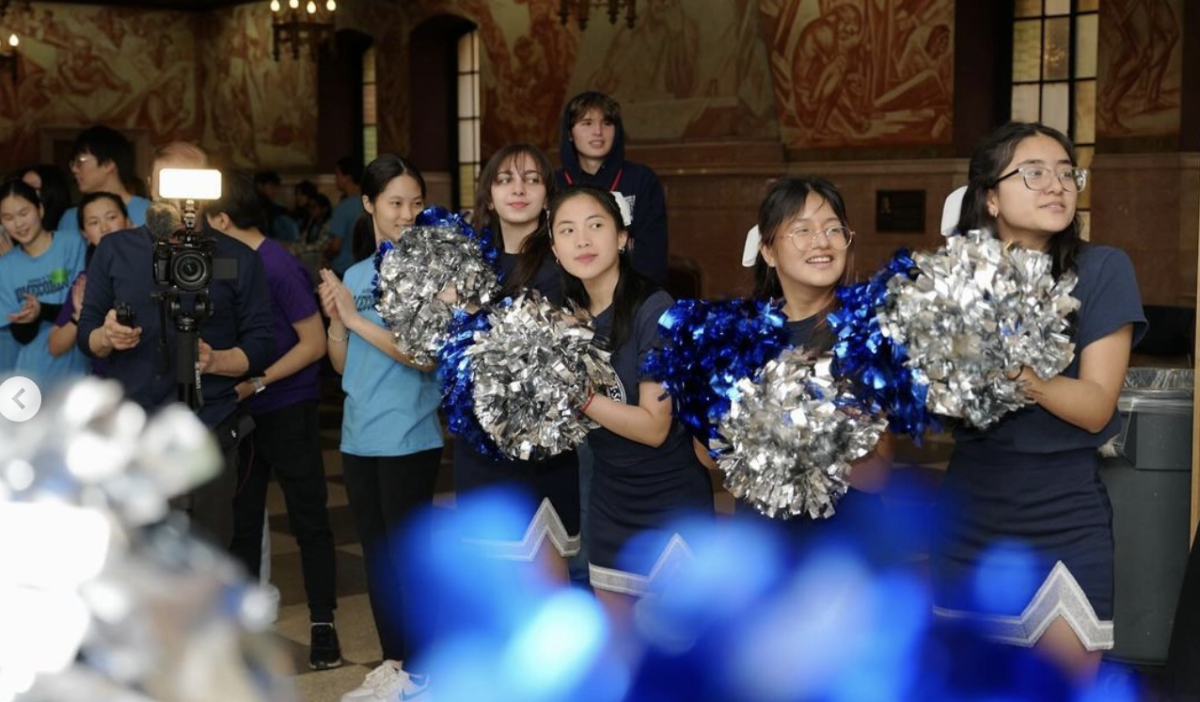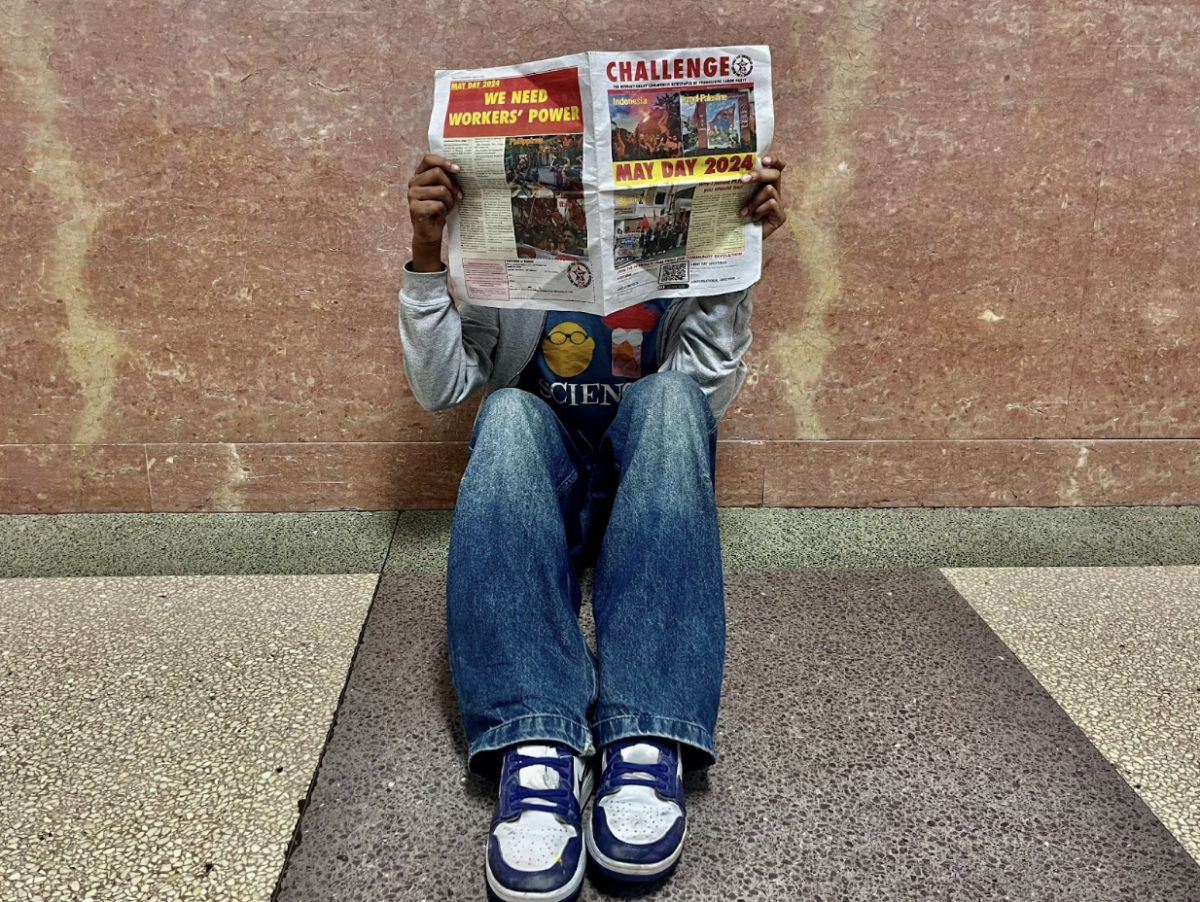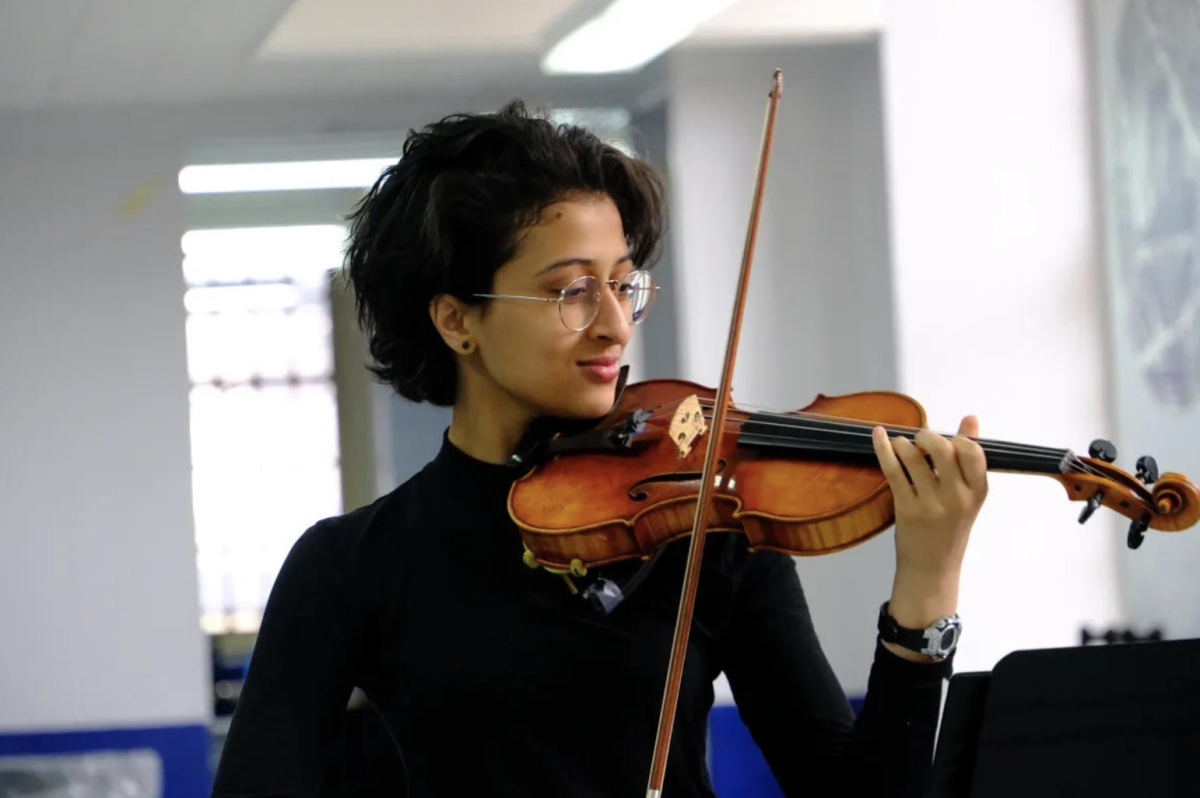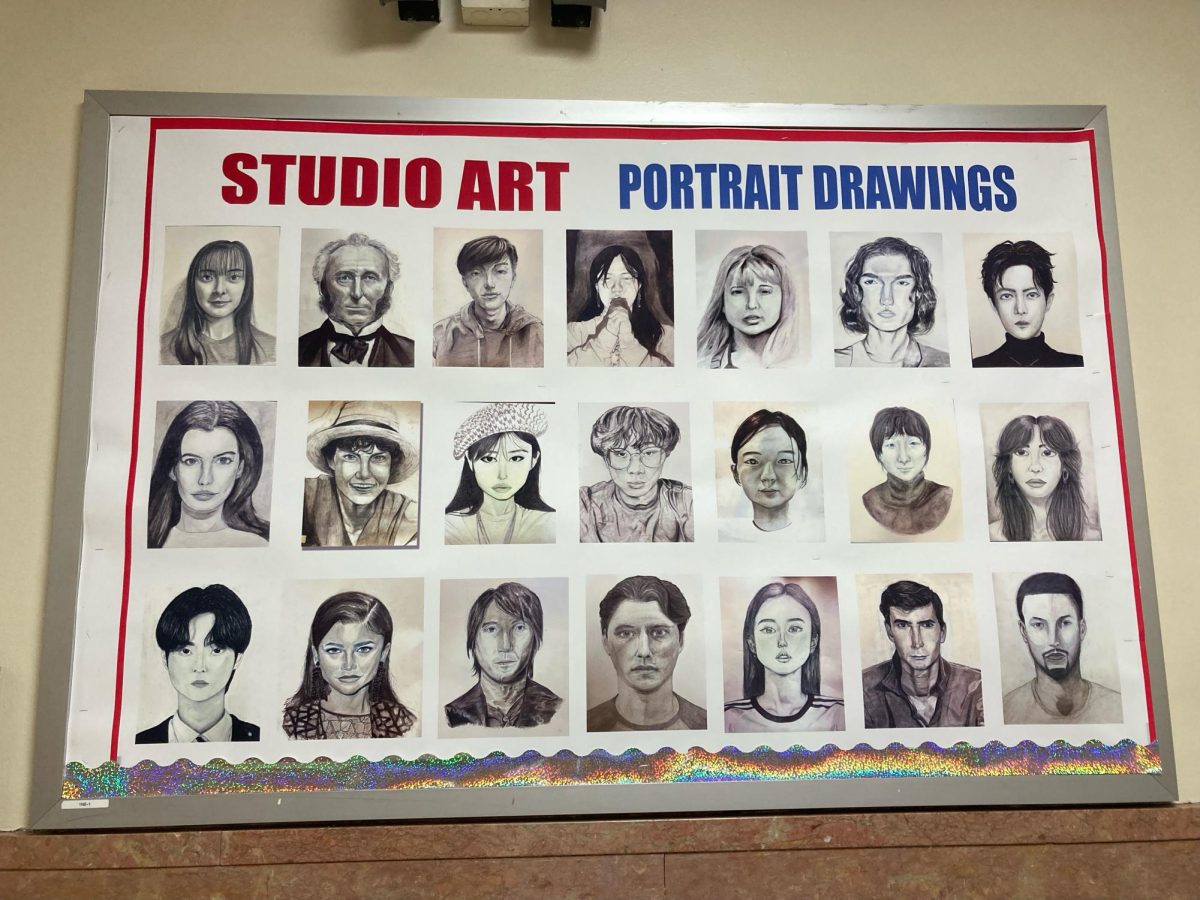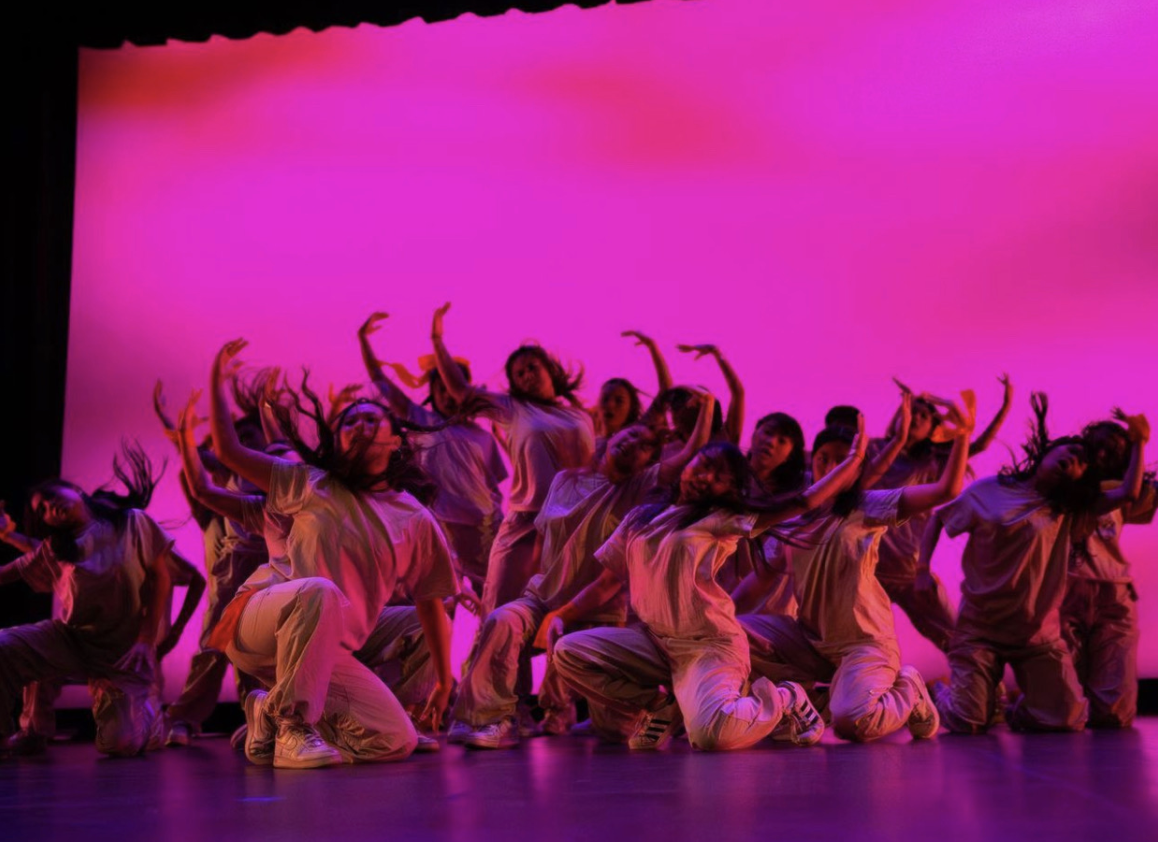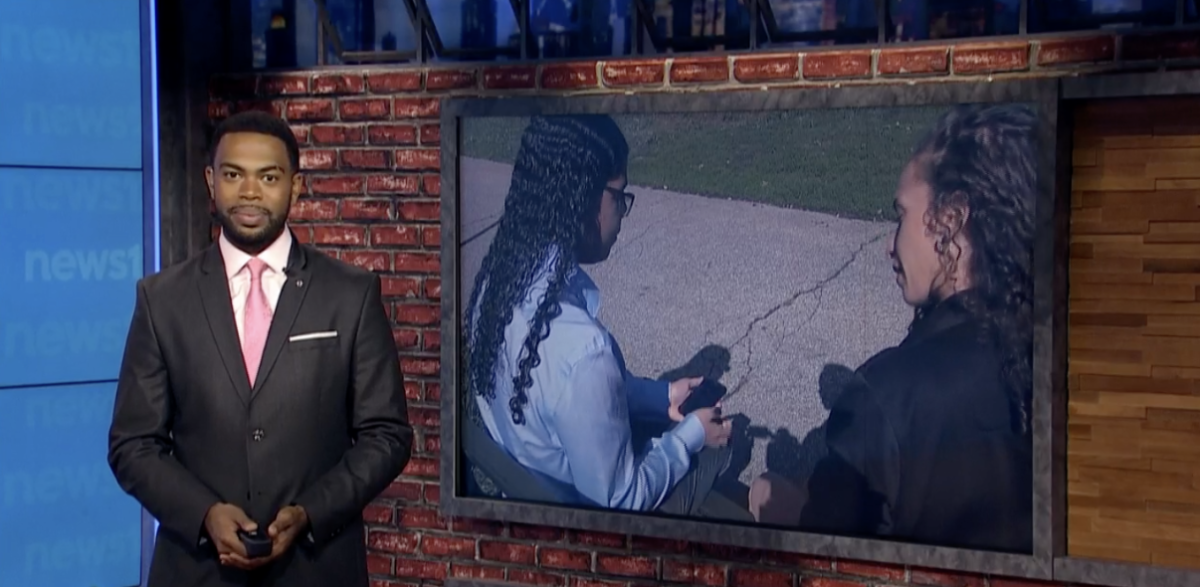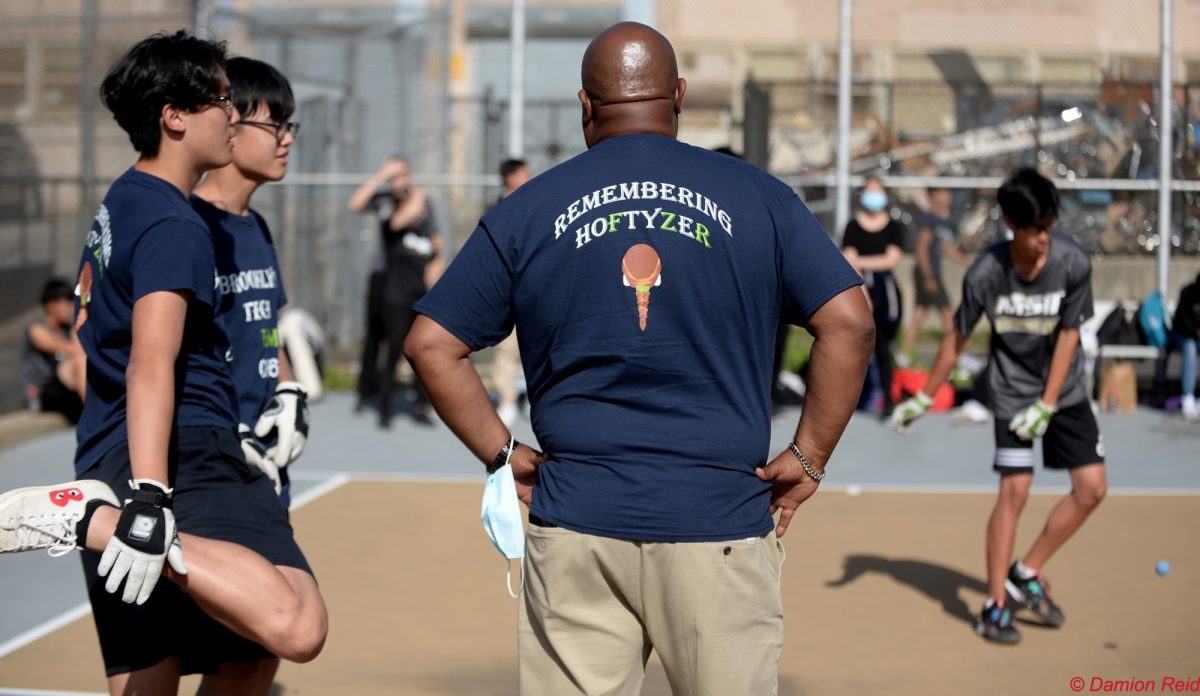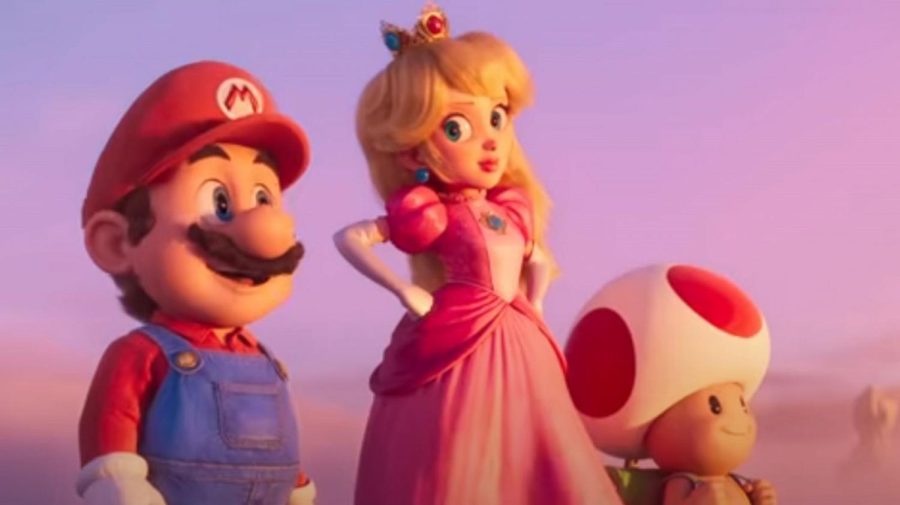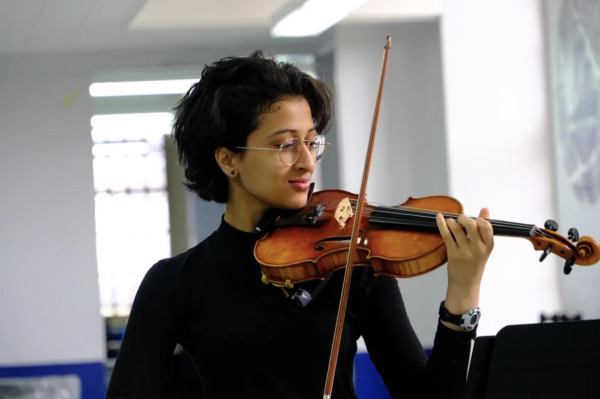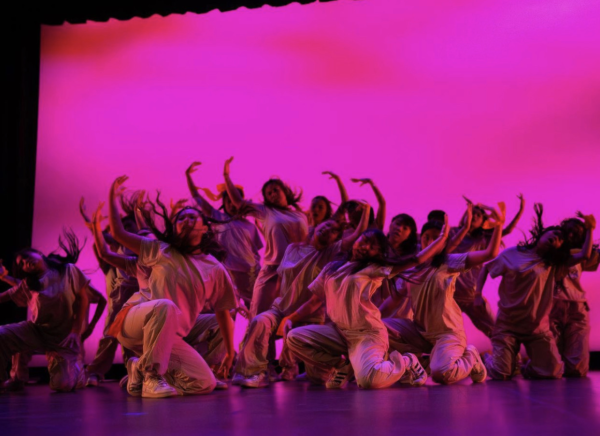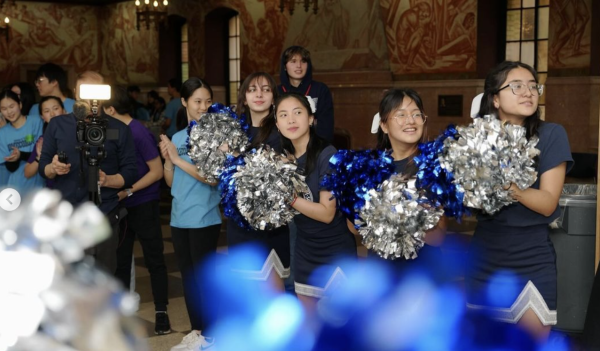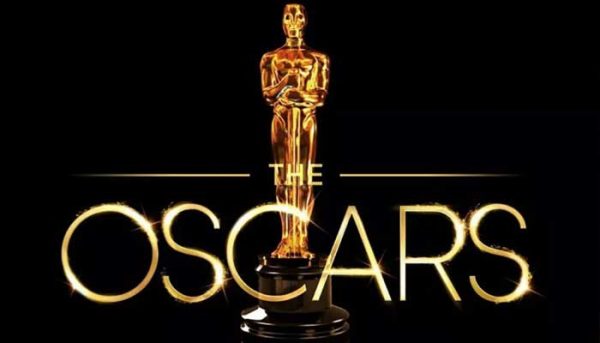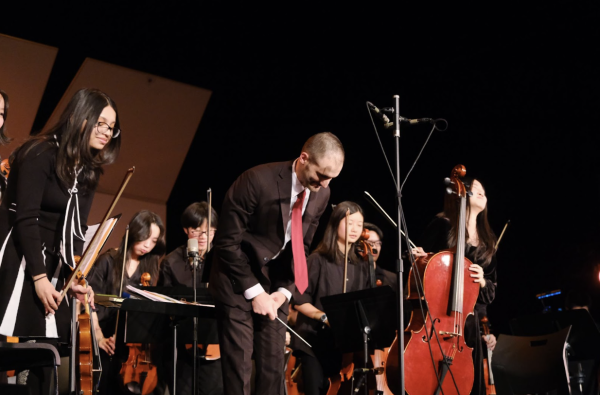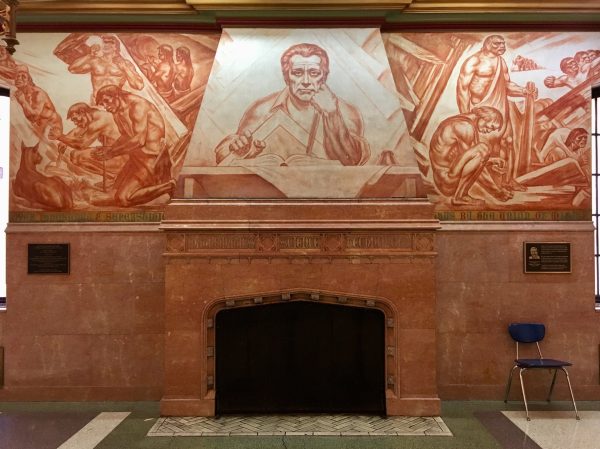The Super Mario Movie Leaves Brooklyn Tech Starry Eyed
The highly anticipated Super Mario Bros. movie debuted on April 8th, bringing the iconic video game series to the big screen after much anticipation. The film, directed by Aaron Horvath and Michael Jelenic, and produced by Illumination, provoked a wide spectrum of reactions from both critics and fans.
In terms of box office success, the film exceeded expectations by hitting the remarkable $1.3 billion mark in worldwide revenue in less than two months. It now proudly ranks among the top 20 highest-grossing films of all time.
Christian Broomes (’24), a passionate Mario fan, commended the movie for its reverential homage to the beloved franchise. “It honestly felt like a celebration of the Mario series, and I loved it just for that. Additionally, for an Illumination film, it was surprisingly funny,” Broomes expressed.
Reflecting on standout performances, Broomes was particularly moved by Charlie Day’s portrayal of Luigi and Jack Black’s performance as Bowser. “Charlie Day’s vocal interpretation of Luigi was spot-on,” Broomes praised. “He did an excellent job expressing Luigi’s caring, yet slightly timid personality, truly embodying the character. His depiction of Luigi’s fear during the Dry Bones chase scene was particularly compelling. The authenticity in Luigi’s screams made it easy for the audience to feel his dread through the screen.”
Broomes also admired Jack Black’s role as Bowser, describing it as an unusual but delightful portrayal of the villain. “Black was able to strike a unique balance between the villainous and comical aspects of Bowser. His voice work in the movie added depth to Bowser’s character, particularly during the performance of ‘Peaches.’ He managed to render Bowser’s voice menacing yet playful. The song, while being sung in a somewhat villainous tone, was filled with such whimsical lyrics that it was hard for the audience to suppress their laughter,” Broomes elaborated.
Broomes conveyed his appreciation for the movie’s representation of the Super Mario series.”The movie remained true to the essence of the Super Mario series, evident through its multitude of references,” he said. “No aspect of the Mario universe was left unacknowledged.”
Sichang Wang (’24), despite having never played a Mario game, found the movie accessible and praised its ability to present valuable life lessons to audiences of all ages. Wang rated the film a solid 7 out of 10, appreciating its simplicity and relatability.
Wang’s favorite moment in the movie was the post-credits bonus scene, where Bowser finds himself humorously trapped in a cage. “It left me with a big smile on my face,” Wang confessed.
David Merdjan (’24) commended the film for its seamless integration of iconic Super Mario elements with fresh narrative twists. “The movie struck a perfect balance, staying true to the source material while injecting a sense of excitement and unpredictability,” Merdjan expressed. “It was a joy to witness familiar characters and settings come to life on the big screen.”
Merdjan further highlighted the impeccable attention to detail and stunning visual effects that brought the Mario universe to life on screen. “The film’s animation captured the undeniable charm of the Mario franchise, creating an immersive experience that transported viewers into a dynamic world alongside Mario and Luigi,” Merdjan remarked.
The film masterfully created a world that resonated with both avid fans and newcomers. It incorporated a range of iconic locations from the Mario games, including the Mushroom Kingdom, Bowser’s Castle, and even Rainbow Road from Mario Kart.
While opinions surrounding The Super Mario Bros. Movie vary, the undeniable accomplishment lies in its successful portrayal of the iconic characters on the big screen. The actors managed to bring life to the roles of Mario, Luigi, Bowser, and Princess Peach, as they accurately portrayed the unique traits that fans have known them for since the beginning. Instead of simply mimicking the characters, they skillfully captured their essence, rendering them true to their video game counterparts.
For instance, the spirit of Mario, as the brave, resilient hero who always steps up to the challenge, was beautifully captured in his cinematic avatar. Similarly, Luigi’s well-known mixture of nervousness and unwavering loyalty came alive through his representation. Furthermore, the film managed to remain true to the roots of these iconic characters by respecting their original narrative arcs and design. The film brilliantly showcased their iconic abilities, like Mario’s high jumps and Bowser’s fiery breath, bringing exhilarating gaming action to the cinema screen. This meticulous attention to detail and adherence to the source material ensured that the essence of these characters stayed intact while being transitioned into a new medium.
The movie’s triumph has fueled speculation about potential adaptations of other Nintendo franchises. Broomes expressed enthusiasm for a potential Legend of Zelda movie, while Wang “envisioned a crossover universe where all Nintendo characters intertwine in a grand interconnected story.”
As The Super Mario Bros. Movie continues to delight audiences, it serves as a testament to the enduring legacy of the Mario series. With its successful blend of nostalgia and fresh elements, it opens up exciting possibilities for future Nintendo franchise adaptations on the silver screen.

